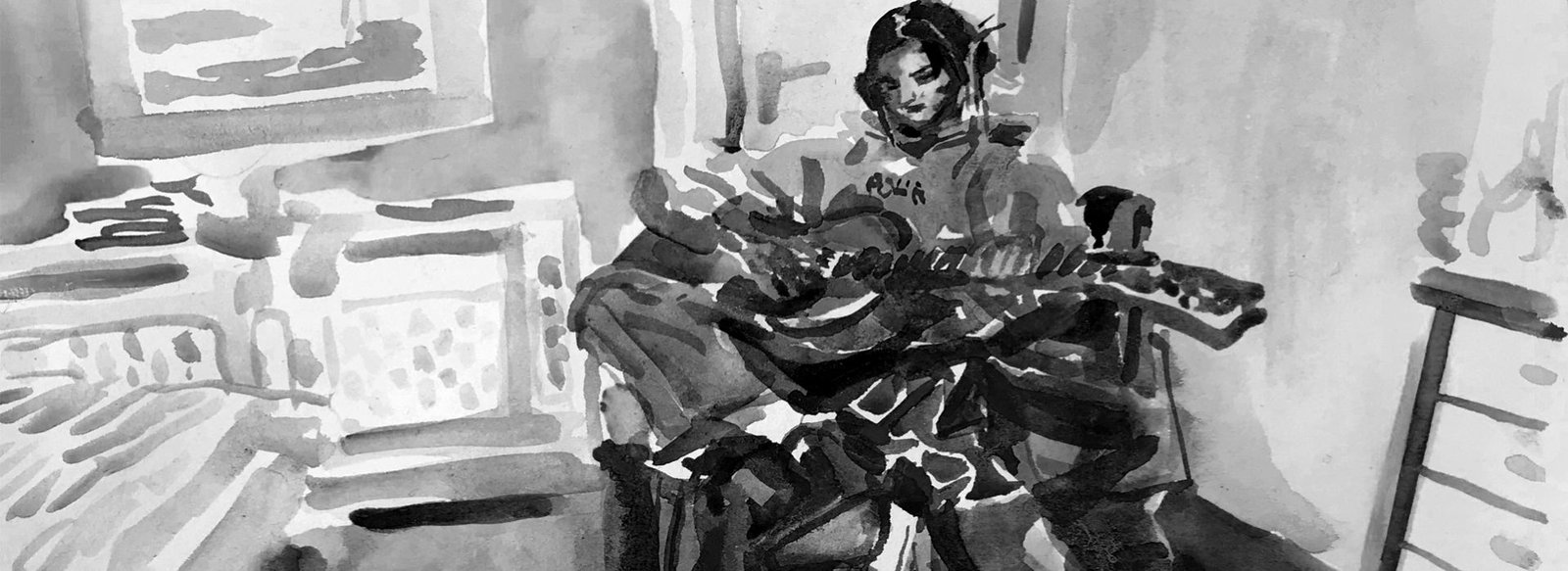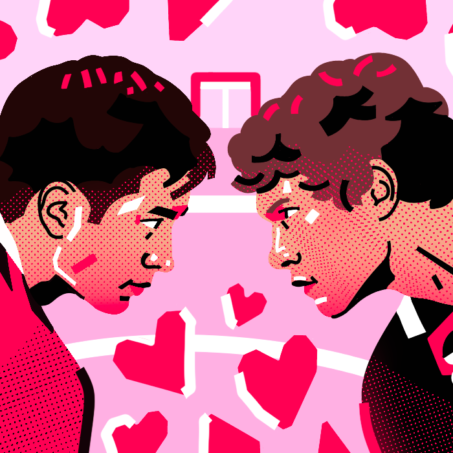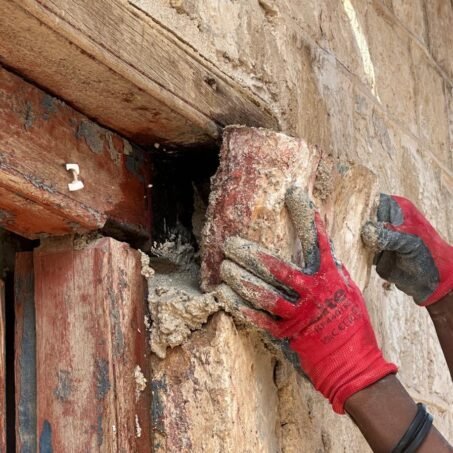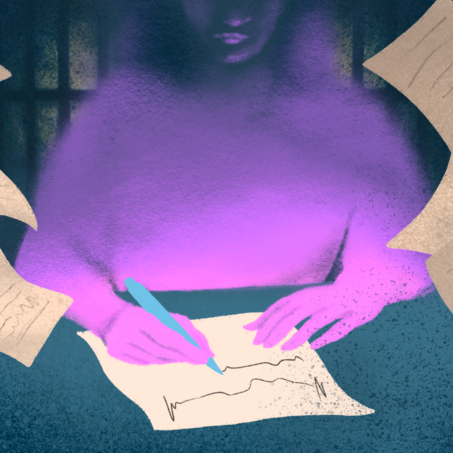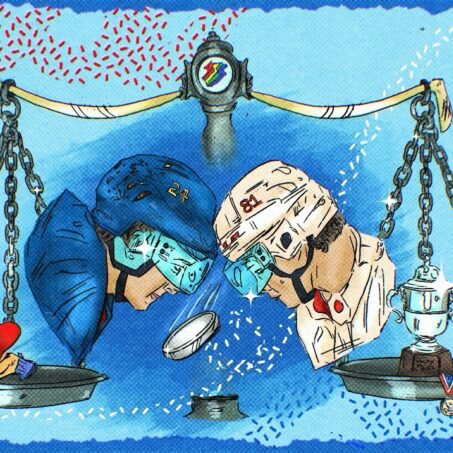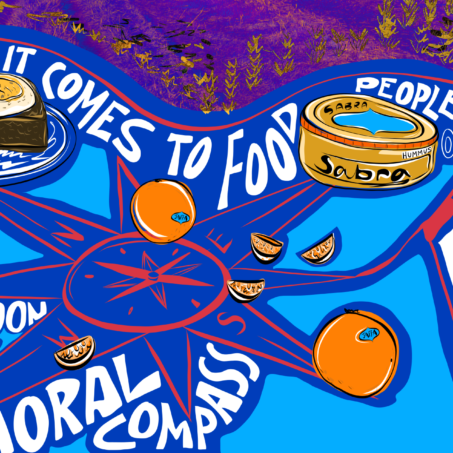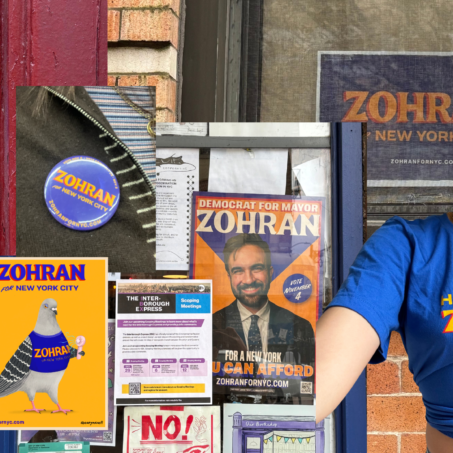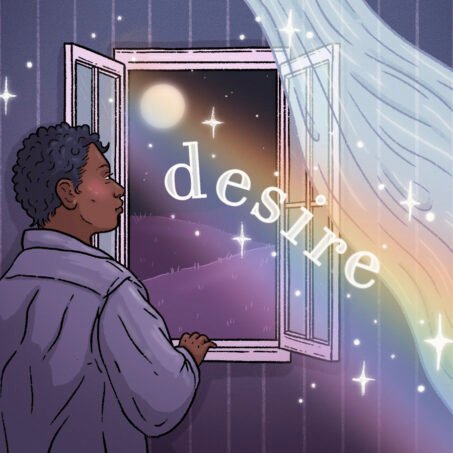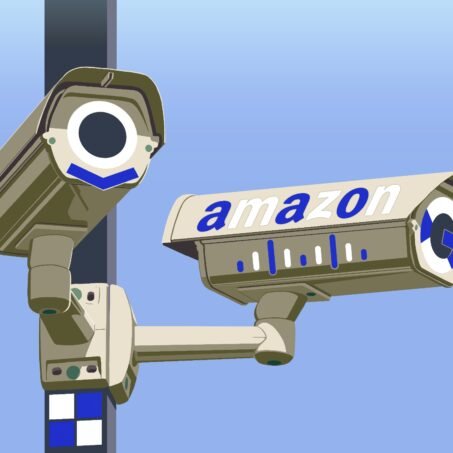In recent weeks BEAT, the UK’s eating disorder charity, has announced that calls for their services has risen by 30%. My name is Anna and I have anorexia nervosa. My experience in recovery demonstrates the massive challenge COVID-19 poses to those who suffer with a mental illness.
Having spent February locked away in an inpatient hospital for an eating disorder, the lockdown for me was an extension of isolation. Whilst I was there I began to understand my eating disorder as a complex and separate entity, referred to as ED. In my case, ED is a manifestation of low self-esteem and perfectionism, which stretches far beyond the clear symptoms of food restriction and exercise. This obsessive productivity causes extreme stress, self loathing and forbids activities associated with indulgence. ED kept me in its grasp through a belief that it numbed present anxieties and guaranteed control over the future.
The government’s restrictive response to COVID-19 have added an unprecedented challenge to those like me who are in recovery from ED. What has struck me most is that during this time I have seen a diluted experience of ED mirrored throughout society.
When the lockdown was announced I had moved into a secondary care home for eating disorder patients with a goal to assimilate into a normalised eating routine and body image. In order to encourage responsibility we are given independent free time, food prep and meal planning. To sustain this, the programme includes evenings and weekends at home, restaurant/cafe outings and supermarket shopping. However, under the COVID-19 regulations, these freedoms have been scrapped. Not only does this create a gaping hole in our recovery, it also means we are isolated from family and several staff members who are integral to the hospital’s atmosphere of safety and familiarity. My ED saw a moment of vulnerability and pounced on me, fuelling a feeling of entrapment. I can’t stand it here. I can be at home and recover ‘my way’ by reaching our idea of an acceptable weight. I have learnt how to recognise and challenge a manipulative, ill-intentioned ED thought. So I stayed.
My ED loves COVID-19. Every morning, instead of body checking, it pushes me to check the news and witness societal collapse. The ED creates a barrier to all logic fed to us from concerned loved ones. It would blur out my GP’s lectures on the purpose of carbohydrates in my diet. By assuming the role of an old friend it convinced me; This doesn’t apply to you, you’re special. They don’t understand you. But I do, I’ll keep you safe.
Similarly, despite the evidence of positivity arising in the face of this troubling time, my ED listens only to the collapse of the economy, the uncertainty for future employment, the threat of losing loved ones and the damage done to the NHS. People with all kinds of anxiety-driven mental illnesses will also feel suffocated by an impending doom that their mind stirs up. Look at all the mess outside! How are you ever going to go to university or get a job now? You no longer have any control over your happiness in the future. The only success you can guarantee is you will be thin.
It is within ED’s nature to catastrophize.
The news of exams being scrapped this year negated my ED’s reality. Working hard for grades in order to affirm my worth and my future nurtured my ED’s belief system. It established that the more time I put in at the gym, restricting food, spending time with friends or feigning intellectuality through reading, the higher the level of achievement would be.
But the ED is a harsh marker. Grade boundaries slip further out of reach after working tirelessly to reach them. And any mistakes? Disqualified. Failure. Despair.
Online I saw supermarkets stripped bare. Within the community of clients here a competitive animosity emerged, as the availability of our ‘safe foods’ became uncertain. Clients would set their alarm five minutes earlier in order to secure a slice of granary bread. Our weight restoration meal plans, which assured me with the knowledge of foods I was to face in advance, were subject to discretion. The rigid thinking of my ED was disrupted, which left me with the uncomfortable feeling of choice and lack of control. Recovery was hindered due to scarcity of ‘fear foods’, an example for me being the limited supply of pasta.
Some people are able to embrace lockdown. Scrolling through Instagram, I see all forms of self-discovery from newfound artists to numerous examples of kindness amongst strangers. However, for those with a mental health disorder in lockdown, the looming prospect of an empty day hangs heavily on their minds. Getting out of the house is vital to soothe or distract from the distress of disobeying these urges. The idleness of being at home makes them sitting prey to the amplified internal bully pushing them towards mindless drive. Its soul-destroying shriek repeats messages that chip away at their self-esteem and push them into old habits; You should restrict/binge/exercise/purge to compensate for that shameful lunch you had, and to regain some self worth.
This makes something as simple as slouching on a sofa to watch Netflix torture, as their mind is bombarded with ‘shoulds’. Every moment is spent grasping for a reassurance that they are bettering themselves by endlessly ticking to-do lists. (There’s no high quite like accomplishment for an ED). Recovery requires us to learn how to have self compassion and faith in our recovery despite the drill sergeant in our heads ordering us to do something that gives us that quick shot of accomplishment and self worth.
This meant, unlike my friends and family, I knew how overwhelming and terrifying it is to be faced with an empty day. Every morning struck with a sinking realisation of an aimless agenda. Every evening sealed off with the knowledge of another day wasted.
Several days into lockdown, boredom struck. Speaking to my family, I recognised several instances of restlessness and frustration. I identified them as outward expressions of low self worth, to which I am well acquainted, courtesy of ED’s constant criticisms. My everyday anxieties are being played out in those around me, due to a growth of uncertainty of themselves and the future. People have been forced to face themselves in a way that resembles an ED’s experience of recovery; stripped bare of the shiny trophies of productivity whether that be work, the gym or social skills. Their day-to-day structure shielding them from emotions such as shame, worthlessness or anger have been torn down.
An unprecedented number of mental health cases have emerged in Wuhan after its traumatic experience of confinement, separation, economic decline and loss. Whilst COVID-19 has surfaced anxieties in us all, I urge those with mental health disorders to recognise it as a gift. Have gratification that the race towards the future is frozen, giving those who are struggling time to focus on recovery without worrying about our peers speeding past.
For me, the lockdown has demonstrated that the everyday rules of an ED are a heightened reflection of an unseen, common feeling of insecurity and uncertainty. Our genetics, backgrounds and circumstances are what ignites a far more noticeable and dangerous mental illness.
Recovery has been a far more formative gap year experience for me than sitting on a beach in Thailand. With the whole nation restricted and exposed, what time is better for emotional growth and understanding?
So how am I coping now? I have learnt to accept the uncontrollable darkness of these times without resistance. Everyday, through dressing confidently and scheduling several activities that break up the day (methods such as reading, writing letters, talking to friends, art, music, online courses, decluttering, meditation and long baths have all proven helpful in my experience) I have been able to uphold a positive manifestation. And slowly I am beginning to believe it.
